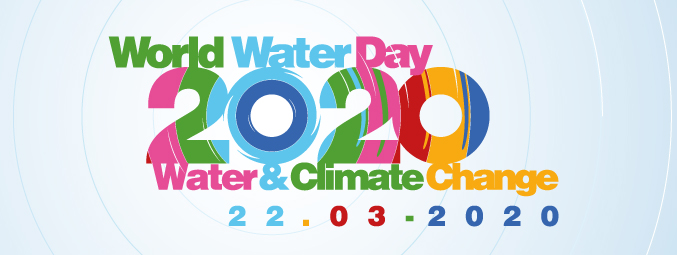
The science is clear: the global climate change crisis is altering the water cycle. This will make water availability less predictable, affecting water quality, worsening water scarcity and threatening sustainable development.
Today, an estimated 3.6 billion people worldwide live in areas that are potentially water scarce at least one month per year. It is projected to reach between 4.8 and 5.7 billion people by 2050, creating a huge competition among water users and across political boundaries.
However, water can also help fight climate change.
Improved water management in agriculture, which is responsible for around 70% of all water withdrawals, is an essential component of successful climate change mitigation and adaptation strategies to achieve local and global food security. Limiting global warming to 1.5°C above pre-industrial levels, compared to 2°C, can also make a huge difference in people’s access to water in areas affected by water scarcity.
There is an urgent need to formulate water policies and action plans that adopt an integrated approach to climate change and water management to achieve the SDGs and the Paris Agreement.
Celebrate with us and follow the @FAOLandWater Twitter account to find out more on the World Water Day 2020 with the theme "Water and Climate Change" and how FAO together with partners of The Global Framework on Water Scarcity in Agriculture (WASAG) are supporting countries to cope with climate-induced pressures on water resources in agriculture. Read more
